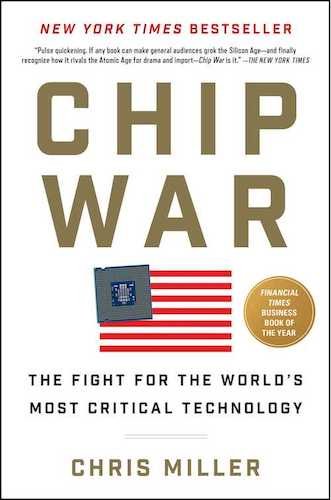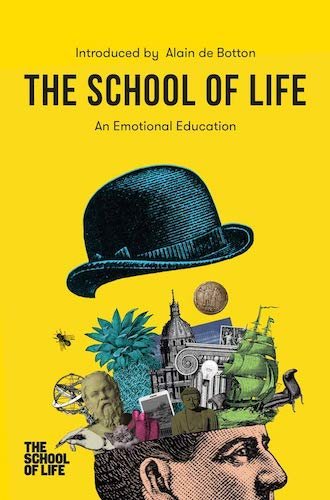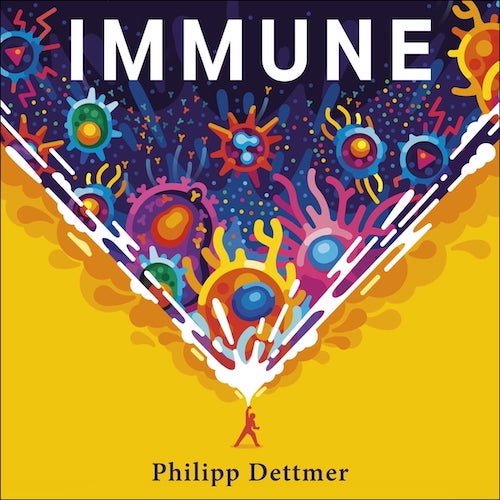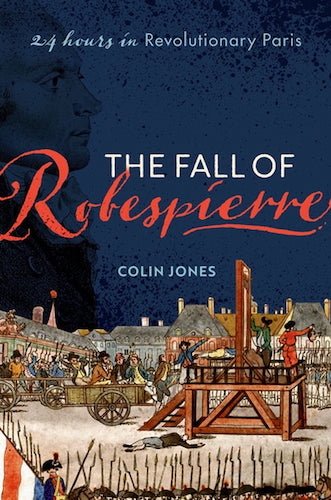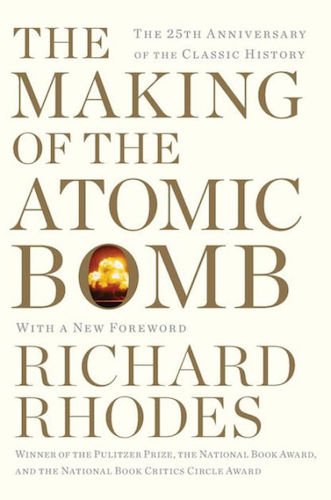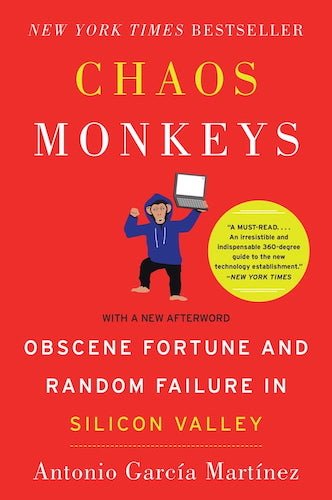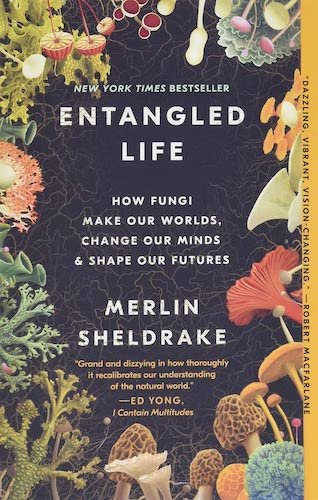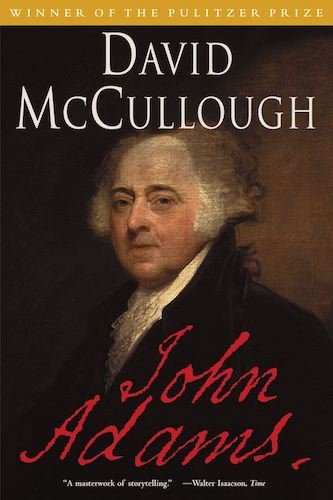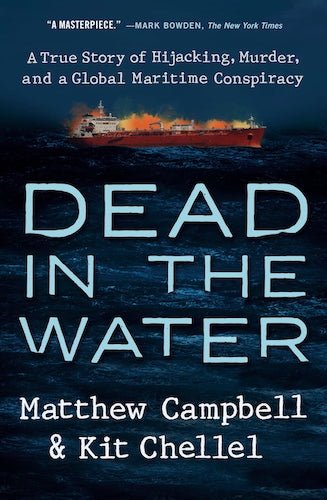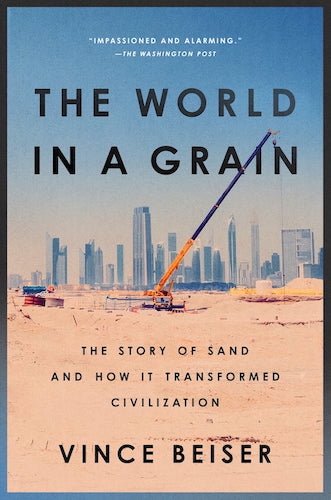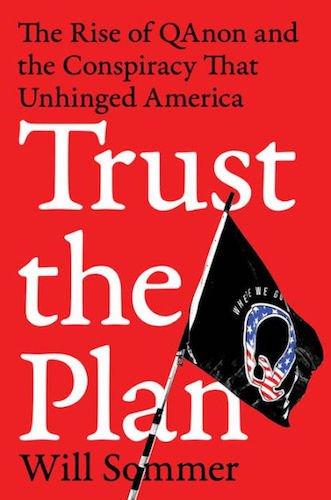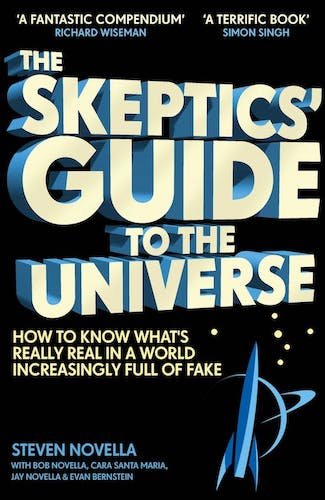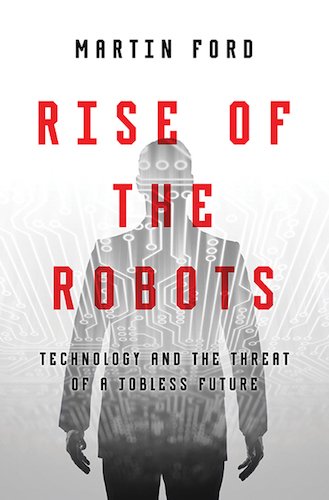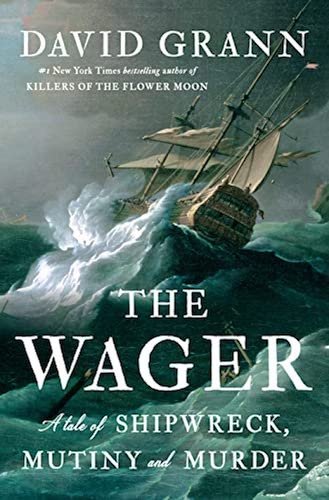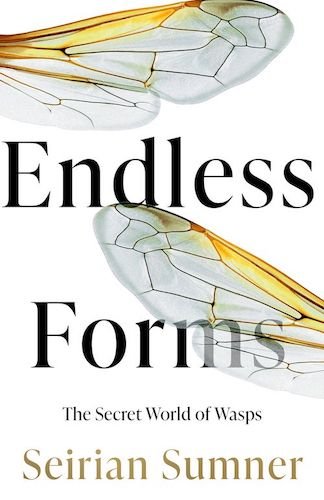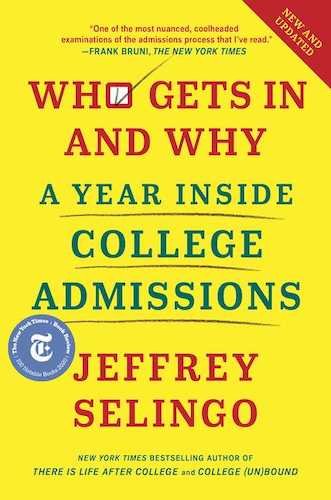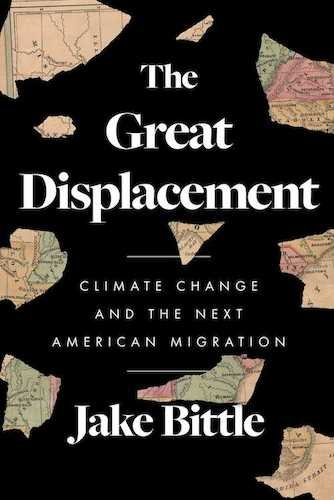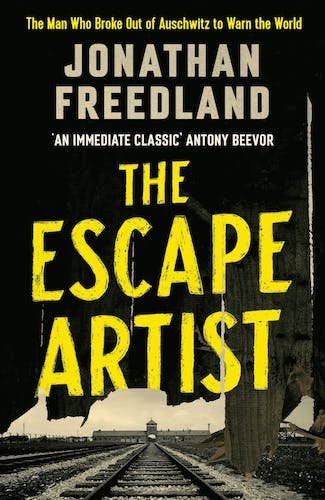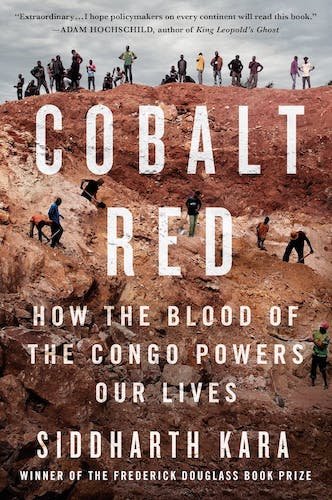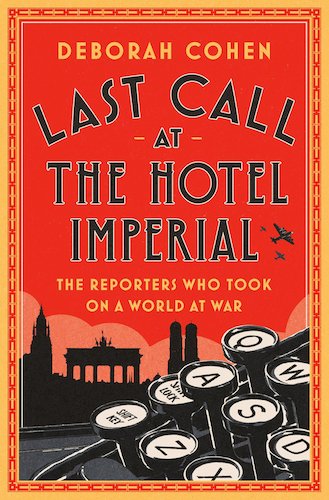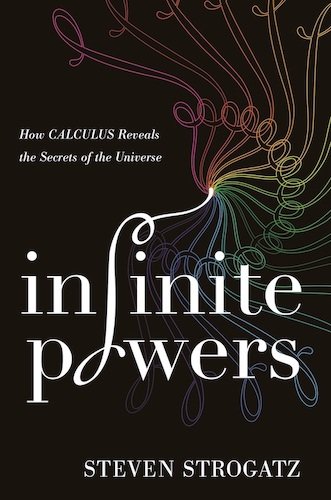So far in 2023, I’ve read 24 books and gave up on 7. I would have written about all these awesome books earlier, but writing on my new personal finance blog has taken up more of my time than previously.
If you’ve read any good nonfiction books, please pass the recommendations my way. I’m always looking for new material!
★★★★★ Chip War
If you read one book this year, I would recommend this one. The creation of microprocessor chips isn’t just important to techies and nerds anymore. The country that can produce more and better chips will prevail over all other countries. Miller not only describes the incredibly fascinating way in which chips are made, but makes a compelling argument about the hot topic of chip dominance between China and the US. I couldn’t put this one down and now really want to take a tour of a chip fab if I ever get the chance.
★★★★★ The School of Life
The School of Life doesn’t get everything correct, but there’s enough really good wisdom in here to make it a must read. This was initially hard for me to get into because it’s so thoroughly unscientific. At no point does this devolve into the popular science trope of citing social science research. You’re never asked to believe in the outcomes of a study conducted at such and such university that proves that love is real. But I think that’s the key part of the charm: it’s direct and even when it misses, it’s still thought-provoking.
★★★★★ Immune
I remember taking biology 120 in college: it was a big, long, and somewhat boring lecture series. This book is the opposite of that. Philipp Dettmer does an incredible job of making the specific mechanics of our immune systems accessible and fascinating. There’s so much detail in here that I almost immediately forgot most of it, but I came away with a deep, abiding understanding of the absolutely absurd level of complexity built into how our bodies keep us healthy.
★★★★★ The Fall of Robespierre
In my opinion, this is history writing at it’s finest. Rather than describing the events of the French revolution at a high level (booooorrriinnng), he zooms in and tells the deeply human, messy, and interconnected history of how a seminal historical event actually unfolded. What is often described in history textbooks in a couple of sentences and comes across as dry and predetermined here comes alive with ambiguity, reversals of fortune, random strokes of good luck, and human tension. I wish that I was taught this sort of history during my time in school.
★★★★☆ The Making of the Atomic Bomb
This would have gotten 5/5 stars, but good lord does Rhodes take a long time focusing on the history of physics. Easily the first half of the book is just focused on the extremely detailed history of the physicists and experiments that led up to what the title promises: the creation of the atomic bomb. And I get it, the title is about the making of the bomb, but I would have appreciated a longer epitaph about what some of the key figures did after the Manhattan Project. I was especially curious to learn what many thought about their contributions decades later.
★★★★☆ Chaos Monkeys
This one won’t change the way you see the world in a fundamental way, but good lord is it entertaining and accurate. Martinez was a couple of years ahead of me going through YCombinator and working at Facebook. But our experiences overlapped so closely that I feel like I am in a unique position to judge the accuracy of this book. And it is 100% accurate. If you ever wanted to know what it’s actually like to be funded by YC, work at Meta, or just be a techie in Silicon Valley, look no further.
★★★★☆ Barbarians at the Gate
This one deserves it’s reputation as a classic among business books. It’s well-researched, readable, and interesting at a human level. Personally, I think the people most likely to benefit from reading this book are younger people who don’t have a lot of working experience yet. It does a really good job of explaining how business at big corporations is really conducted. Obviously, the cast of characters here were chosen because they are almost caricatures of themselves, but if you’ve worked in corporate America long enough, you’ve met every single person described in these pages.
★★★★☆ Preparing for War
Onishi might be wrong about his primary thesis, but it is at least consistent and may answer a question that’s been on my mind for the last 8 years: why is conservative political ideology so nonsensical? His theory is that most conservative rhetoric is an intentional misdirection from the real truth that the only consistent Republican system of belief is white supremacy. That’s almost certainly an oversimplification for any one conservative person’s system of beliefs, but the shoe does seem to fit the party’s direction at the national level. At the very least, I’d encourage you to read it and make your own assessment of his hypothesis.
★★★★☆ Entangled Life
I had actually been avoiding this one despite the insanely positive reviews. I mean, c’mon, how much is there to know about mushrooms? But I was wrong and the reviews were right: this one really is insanely interesting. If, like me, you thought that fungi were only just mushrooms then you should do yourself a favor and read this book. It was so good that I found myself spontaneously gushing about it to coworkers.
★★★★☆ The Secret Life of Groceries
This book could have easily devolved into another Supersize Me, editorialized expose about grocery stores, but it rises above that. I learned a lot about why Trader Joes is so likable, why it’s nearly impossible for good food to be sold at large box stores, and why the food we eat is neither so terrible as journalists would have you believe or as good as food marketers claim it is.
★★★★☆ John Adams
I love the musical Hamilton. The show briefly covers the Adams administration, but I realized recently that I didn’t really know much about him nor his work. And of course, David McCullough is a nonfiction legend. I’ve read most of his books, and they’re all great.
This might have scored higher with me if I hadn’t accidentally downloaded the abridged version of the audio book. So, don’t do that if you actually want to learn about Adams. Otherwise, I really enjoyed refreshing my knowledge on the founders. I came away thinking that Hamilton was probably the lesser of the two men, but the musical is still great.
★★★☆☆ Dead in the Water
I have a fascination with large boats. I have no idea why. But if you’re like me and maritime shipping and boats are at all interesting to you, this one will definitely keep your turning the pages. It’s about what is probably the largest known maritime insurance fraud that occurred about 15 years ago. It’s got everything you want in a story: a bad guy, a good guy, murder, fraud, extortion, and … big boats.
★★★☆☆ The World in a Grain
I was worried that this book would fall into the category of pop-sci books that became a fad in the mid 2010s. They all follow the same pattern and pitch: Simple Noun: How Simple Noun is Important to Every Person That Has Ever Lived and May Have Killed Your Parents. I’ve read a couple books in this genre and they can be pretty cloying in their fascination with their subject. But this one is significantly better than the rest of it’s ilk. For one, I think Beiser’s point about the importance of sand to the modern world is actually accurate. From concrete to glass to silicon chips, we really do depend on sand quite a bit. And I knew next to nothing about it prior to reading this fun book.
★★★☆☆ Trust the Plan
Given how unhinged the political right has become in the US and the visibility of this particular conspiracy theory to adherents of that ideology, I felt I needed to better understand what QAnon really is about. It turns out it’s even more insane and vapid than I had assumed. I had thought that perhaps, due to the relatively high profile this particular conspiracy theory had attained, there would be more to it than random posts on 4Chan, but …. nope. Having read it, I feel equal parts dismayed and educated.
★★★☆☆ Uneasy Street
I love reading about how people think about and understand money. And this book does a good job of accurately representing how wealthy people understand and cope with their own wealth. This one didn’t cause me to fundamentally reevaluate my life or anything, but it was a fun read and I think Sherman did a good job avoiding the popular “eat the rich” narrative.
★★★☆☆ The Skeptics’ Guide to the Universe
I want my kids to read this when they get a bit older. Novella’s commitment to skeptical thought is a breath of fresh air. It’s deeply entertaining to read. It’s like a written version of MythBusters but with a lot less filer. My only gripe is one inconsistency in his approach. He really dives into and tears apart most folk beliefs, but seems to make an exception for theories that surround the AI singularity. I think that AI doomerism casts a spell on many hyper-intelligent rationalists and I wish he’d taken off the proverbial gloves and asked harder questions on this topic.
★★★☆☆ The Perfectionists
This was a fun read and I loved that Winchester organizes the book by measures of precision. I didn’t learn anything earth-shattering here, but it was entertaining and I learned lots of factoids along the way. I also came away with a better understanding of just how imprecise most human-made objects are.
★★★☆☆ Rise of the Robots
You’ll be unsurprised to learn that AI is going to steal your job and probably cause the collapse of our society. So, you know, not much to see here.
★★★☆☆ Rise and Kill First
Okay, the premise here is really fascinating. I knew nothing about Israel’s explicit policy of assassination as a tool of the state. From there, I assumed that Mossad and other associated defense agencies must be hyper-competent killing machines. And certainly they have killed a bunch of people, but I came away from the book reaffirmed in my belief that almost all spycraft and covert military stuff hews closer to the depiction of the CIA in Burn After Reading than any Tom Clancy novel.
★★★☆☆ The Wager
Who doesn’t love a good adventure/survival porn book from the age of discovery? That’s right, nobody. If Scorsese and DiCaprio ever actually release a movie based on this material, I’ll definitely watch it.
★★★☆☆ Endless Forms
I hate wasps. And I actually mean to use the word “hate” here. It probably has something to do with the fact that I’ve been stung repeatedly by them over my life and even sent to the hospital due to an allergic reaction. If they at least had the good manners to die when they sting, this penchant for stinging all the time could sort of be forgiven, but no, they aren’t even polite enough for that.
So I was interested to see if Sumner could convince me to abandon my well-deserved dislike of these murder flies. The short answer is no, they’re still beastly and awful. But they are at least more interesting than I had previously understood. Also, most of the wasps you actually see aren’t the aggressive, social species that would actually sting you. So there’s that I guess.
★★★☆☆ Who Gets In and Why
College admissions is pretty borked. This book is probably not worth reading unless you have a kid that’s college-bound, but it' is interesting to get a glimpse at just how subjective the process really is. Also, I’ll be curious to see how long we keep pretending that essays are a valid way to communicate anything of value in a post-ChatGPT world.
★★★☆☆ The Great Displacement
I had hoped that Jake Bittle would go beyond what I had already learned about how climate change would affect people’s lives here in the US. He did add a little color around the edges, but he didn’t try to do any advanced modeling or make any specific recommendations, which was a bit of a letdown. Basically the south and west are pretty much doomed due to desertification, drought, and increasing temperatures. So, nothing new here.
★★★☆☆ The Escape Artist
This was a good read on a topic that I already knew a lot about. I do hope that this book is incorporated into school curricula, though, because it tells a far more nuanced historical account of the Holocaust than is typically discussed.
Didn’t Finish
★★☆☆☆ The World
I wasn’t even able to make it through the introduction. Too long-winded! Get to the point.
★★☆☆☆ All That Moves Us
I thought this one would something akin to Complications, but this wasn’t as well-written and tended towards saccharine, feel-good stories.
★★☆☆☆ Cobalt Red
I’m a jaded, cynical bastard, but I find it completely unsurprising that big western hardware companies exploit other people in the world and that their suffering is exquisite and completely unnecessary. If you haven’t read about this sort of thing before, this is worth reading about, but I just found it sad to reflect on yet more senseless misery.
★★☆☆☆ The Last Days of the Dinosaurs
I was hoping for lots of science and disaster porn, but instead, got lots of poetic descriptions of late-Jurassic landscapes.
★★☆☆☆ Last Call at the Hotel Imperial
You know that corny 1920s radio announcer voice? Yeah, kinda what it’s like reading this book. I don’t mean that the narration of the audio book sounds like that, but the personalities here are so larger-than-life and so much of their time, it was too much.
★★☆☆☆ The Lessons of History
First, the audio book version of this was ruined by a poorly-recorded interview with Will Durant that’s borderline un-listenable. Second, if you read history or nonfiction books, you’ve probably already figured out most of the lessons they cover.
★★☆☆☆ There Are No Accidents
Felt like an overly-long Atlantic article. The world is unfair and people get hurt as a result of it.
★★☆☆☆ Infinite Powers
If you like math, you’ll probably really like this one. I hated Calculus and I still made it through about halfway, which is a huge vote of confidence. But, at the end of the day, this is a book about math and it’s never been my passion.
